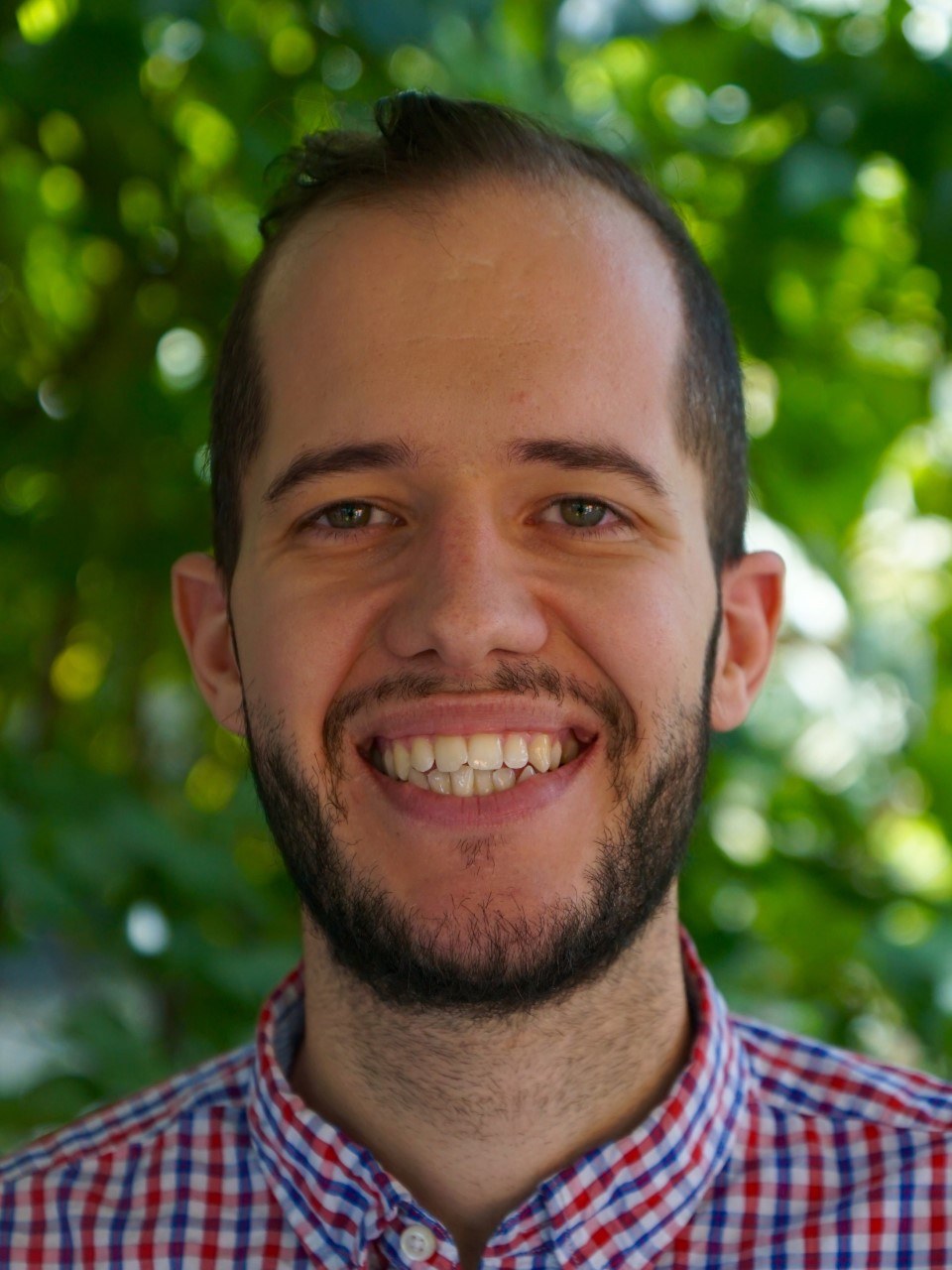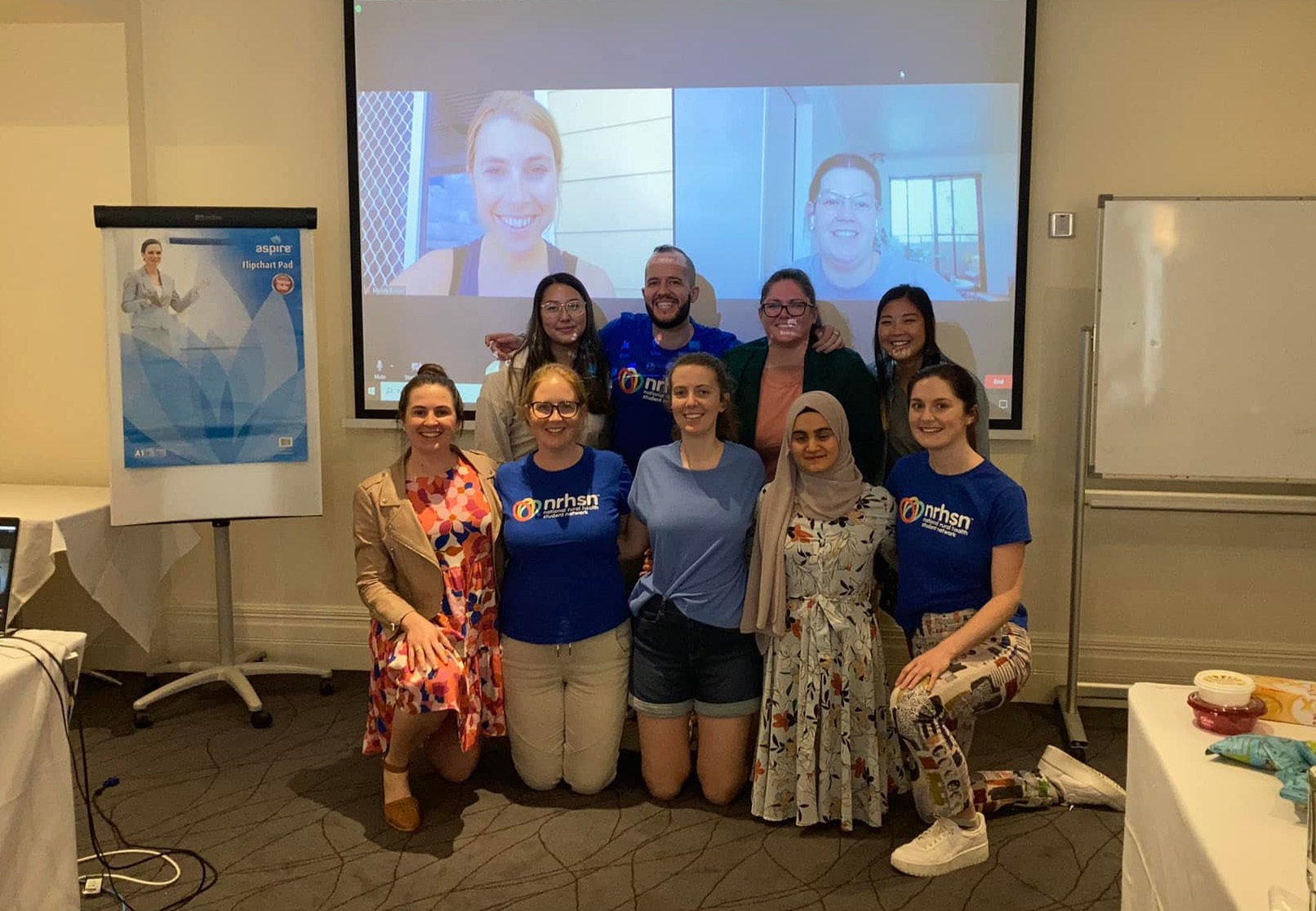This site may not work properly using older versions of Edge and Internet Explorer. You should upgrade your browser to the latest Chrome, Firefox, Edge, Safari, or any other modern browser of your choice. Click here for more information.
Your Stories
This is where we tell your stories, cover topical issues and promote meaningful initiatives.
Equal opportunities needed for all health students
Two thirds of nursing students never had the opportunity to complete a rural or remote placement, recent National Rural Health Student Network (NRHSN) research has shown. NRHSN Chair Jean-Baptiste Philibert MD IV WSU explores how our institutions can empower a greater number of students to go remote, for longer.
The Australian health care system exposes its students to various settings and locations to best prepare them for the diversity of their future practice. This includes crucial exposure to rural and remote practice.
Unfortunately, despite the best efforts of all involved, the COVID-19 pandemic has and continues to disproportionately affect the more remote placements of health students due to a variety of factors such as protecting vulnerable communities and border closures.
The Northern Territory had some of the most disrupted placements over that period, yet provides life-changing experiences, as I was lucky enough to experience in Tennant Creek in 2019 and Yuendumu in 2020.
These placements are crucial for the future workforce of the Territory and all remote locations in Australia. The literature has shown that the longer the placement, to a duration of up to three months in rural and remote Australia, the greater the likelihood the student will practice rurally.
Medical students, such as myself, are well supported to experience long term placements in rural and remote areas via funding provided to the Rural Clinical Schools (RCS) by the Rural Health Multidisciplinary Training (RHMT) program.
These opportunities are, however, sparser to students studying non-medical courses, yet these professions are crucial to the future of rural and remote Australia and constantly facing shortages. Disciplines such as Nursing, Pharmacy and Audiology only have placements in rural and remote settings of less than four weeks and none of the non-medical degrees have the opportunity for a long-term placement in rural and remote Australia (greater than six months). Furthermore, the literature demonstrates that often these students had to source and fund the placements themselves.
This is reflected in a 2021 survey from the NRHSN to its members on short-term rural placement opportunities. The NRHSN received over 500 responses, of which over 50% were by non-medical students. 87% of the survey respondents were interested in short-term placements in rural and remote settings. 33% of the survey respondents had not had any exposure to rural health through their degree, increasing to 53% for nursing students. Two-thirds of nursing students never had the opportunity to complete a rural and remote placement.
Similar figures were seen in Allied Health students. Of the students who had been on a short-term placement program, 85% intended to work or train rurally, and the main factor in influencing them was their past placement in such settings.
These figures demonstrate that rural intent is not necessarily followed through in non-medical students due to the lack of opportunities provided to them. This was confirmed by the two main barriers identified by these students, which were contacts to facilitate placements (31%) and financial barriers (22%).
These are essentially removed for medical students who take part in the extended placements in rural and remote Australia through their RCS.
The survey respondents saw an ideal placement being between two to five weeks in length and regarded accommodation and financial support as a key component of a successful placement. There is therefore significant scope to remove the existing barriers that Nursing, Midwifery and Allied Health students face for them experience all that rural and remote Australia has to offer.
The existing opportunities such as the CRANAplus undergraduate scholarship are fantastic support for these students but more can be done to remove the issues with sourcing placements, particularly in the uncertain times we live in.
Therefore, the NRHSN is advocating for the establishment of a multidisciplinary program with repeated longitudinal exposure for Nursing, Midwifery and Allied Health students to experience life in rural and remote Australia beyond the constraints of their degrees.
Why students applied or would apply for a program outside of their university:
- “The greatest barrier as a first-generation working-class student was financial, as not only are students supporting themselves in the rural community, but they are sacrificing time at work while away. The ideal program would support students financially.”
- “I applied as I craved rural experience, due to COVID-19 preventing all pre-planned rural activities through my university… [I] wanted an individual experience that would enable me to replicate the environment in which I could work in the future… separate from the safety of my university friends, where it was just myself, the mentor and the community.”
- “To get experience rurally, as I haven’t been offered rural experience through my rural clinical school despite multiple applications.”
- “As I live in an outer metropolitan suburb of Adelaide it was the only way to get an experience of more remote health.”
The National Rural Health Student Network (NRHSN) is the peak representative body for medical, nursing and allied health students who are passionate about pursuing careers in rural health. With over 11,000 members from 29 Rural Health Clubs (RHCs) across the country, the NRHSN is one of Australia’s largest student organisations in the health sector. The NRHSN is an initiative of the Australian Government Department of Health, administered by the Consortium of Rural Workforce Agencies (RWAs). The NSW Rural Doctors Network is the RWA managing the NRHSN on behalf of the consortium.

